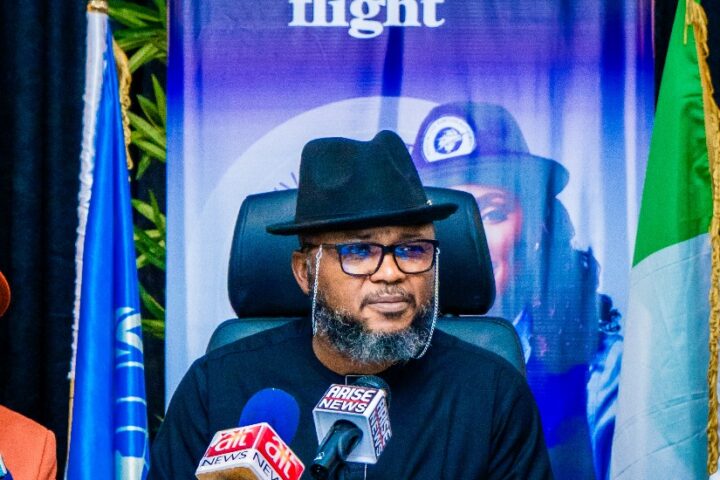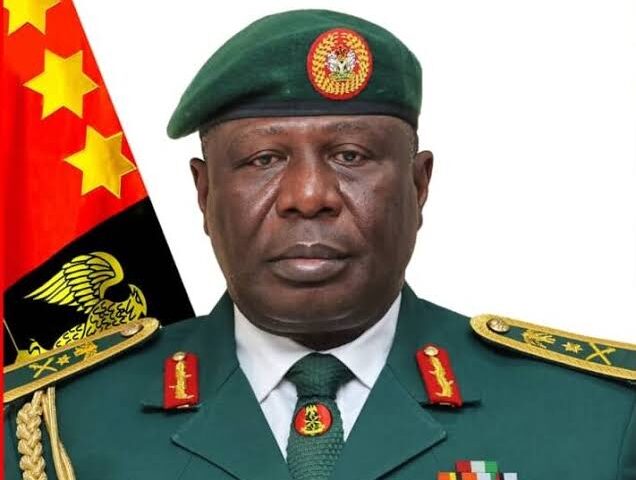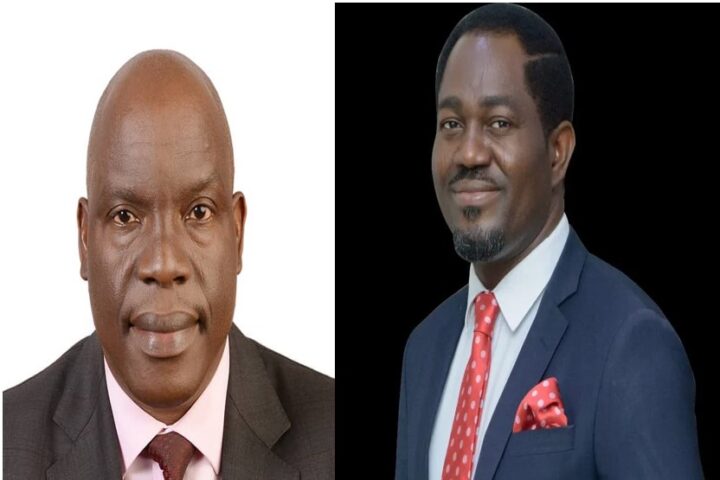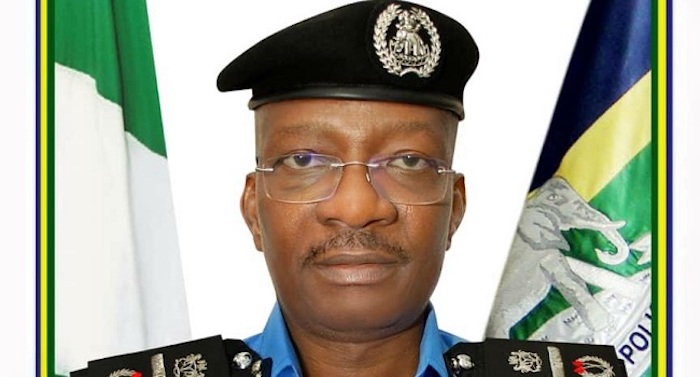
Grid Collapse:FG Begs Nigerians To Protect Power Infrastructure
Mohammed Shosanya The Federal Government has urged Nigerians to own the power infrastructure in their areas and ensure its protection against vandalism. He said this in his Christmas message made available to















